#Chapter11
Woosh, the Money's Gone: Garrett Files for Bankruptcy
U.S. auto-parts manufacturer Garrett Motion filed for Chapter 11 bankruptcy over the weekend. The announcement comes as ex-parent Honeywell International decided it could do without turbochargers and spun the company off in 2018. Garrett claims it lost a bunch of money during coronavirus lockdowns, like so many others, and was dumped by Honeywell only to be saddled with financial liabilities related to asbestos-exposure claims.
But Garrett has also said it’s entering into a purchase agreement with the private equity firm KPS Capital Partners LP for roughly $2.1 billion, providing more than a shred of hope things will turn out okay. While other firms can take a whack at buying the turbo supplier, they must be willing to cover its corporate debt by exceeding the existing bid and will likewise be subject to court approval. Garrett thinks it can still come out on top and wrap the sale by the start of 2021 without interrupting production any more than the pandemic already has.
Hertz Stalls Stock Sale Amid Market Madness
The Securities and Exchange Commission has urged the recently bankrupted Hertz to halt the sale of stock. The rental agency had hoped to raise half a billion on the sale but repeatedly warned that would-be buyers were gambling, as the stock may soon be worthless.
Bizarrely, this hasn’t discouraged investors from glomming onto shares of bankrupt and near-bankrupt companies. Despite the global economy supposedly hurdling into a recession and mass unemployment, Wall Street hasn’t signaled that anything is amiss.
Still, the SEC has grown concerned with the trend and decided to address them with Hertz, according to a recent filing. Trading of Hertz Global Holdings Inc. was halted on Thursday, placing investors in a holding pattern as everyone speculates whether the bankrupt car renter will have to revise its plan to raise cash by selling new shares.
Nice Weekend, Ain't It? You're Probably Not Renting From Hertz, Though, Hence the Bankruptcy Filing
The writing was on the wall for the last month, at least. Hertz Global Holdings, Inc. has filed for Chapter 11 bankruptcy protection after the coronavirus pandemic sent rentals — and revenue — crashing, forcing the debt-laden company into a corner that’s proven near impossible to escape from.
One of the world’s largest car rental agencies, Hertz laid off more than 12,000 workers in March and furloughed another 4,000 before scrapping 90 percent of the new car acquisitions it had on the books for 2020. While that might have stopped some of the bleeding, the core issue remains: few people are travelling, and even fewer are renting cars.
Hertz, Still Hurting, Cuts a Deal With Creditors
Lenders are cutting Hertz a break by affording the company an extended grace period, giving it a chance to cope with its debt. Last we checked on the rental agency, things weren’t going well. With governments cracking down on movement amid the coronavirus pandemic, no one is going anywhere — and the Hertz’s bottom line showcases exactly how bad this has been for business. Hertz had to bring in economic advisors to help the business manage its swiftly mounting debt load as it discussed how to avoid bankruptcy.
Similarly hit by the pandemic, airlines got a multi-billion-dollar bailout. Agencies like Hertz, Avis, and Enterprise, however, have had to seek their aid elsewhere, all the while hoping the U.S. Treasury Department answers their plea. Thus far, it’s been crickets.
Car renters are confronting a harrowing reality. They need to refresh their gigantic fleets in a period where no one can turn a profit, there’s little promise of a swift recovery, and used car values are cratering. Hertz started laying off workers in March as customers evaporated. By the end of April, it also announced it was defaulting on lease payments related to its fleet. With creditors rarely unclear about when they want their money, things were looking grim.
Congressional Hearings Loom As Switch Swap Raises Questions At GM
General Motors is facing two separate lawsuits related to failures of the ignition switch recalled last month, while also preparing to bring their case before the U.S. House Energy and Commerce Committee next month, led by a representative who honed his skills upon Firestone.
Meanwhile, reports of a quiet swap between the defective ignition switch and an improved switch in 2006 – a swap that may have violated internal protocols -may have serious repercussions for GM and now-bankrupt supplier Delphi.
Finally, a test drive gone wrong results in a GMC Yukon left to burn, whose prompt investigation is only the beginning of a long learning process in how GM handles safety in the future.
Fisker Files For Chapter 11 Bankruptcy
What do Justin Bieber, Ashton Kutcher and Al Gore all have in common? They may soon — baring a miracle — become the proud owners of the first orphan cars made in the 21st century for well-moneyed consumers by an automaker born in the 21st century, as Fisker Automotive has filed for Chapter 11 bankruptcy protection.
Requiem: 2012 Coda Sedan
About a year ago Bertel, Ed and I ended up in Los Angeles for a PR meet/dine with Coda. No automotive event would be complete without a drive and our electrifying dinner was no different. Bertel and Ed wisely chose to leave the driving to me (although they did toss me in the trunk and close the lid later that evening). Since that night I have struggled to erase the Coda from my mind when today it all came flooding back. Coda has filed for chapter 11 protection. I know it’s bad form to speak ill of the departed, but this is TTAC so let’s have a review style requiem for the worst EV ever made.
Suzuki Death Watch 12: Over 98 Percent Of Suzuki Dealers Take The Money And Run
Only 6 dealers haven’t taken a buyout offer from Suzuki – of the 219 Suzuki dealers in America, 213 took the offer from American Suzuki, including the top 50 dealers by volume.
Suzuki Death Watch 10: Dealers Deciding Whether To Take The Money Or Fight
Being a Suzuki dealer is surely one of America’s least enviable jobs; franchise holders must choose whether to accept a cash settlement and a contract to provide parts and service in exchange for their franchises, or whether they want to fight the matter in court.
Suzuki Death Watch 9: American Suzuki To Get $45 Million Loan For Restructuring Dealer Network
American Suzuki has received court approval to borrow $45 million to help restructure their dealer network following a Chapter 11 filing.
Saab NA Chapter 11: It's A Matter Of Perspective
A group of 41 Saab U.S. dealers today petitioned a U.S. Bankruptcy Court to put Saab Cars North America into involuntary Chapter 11 bankruptcy protection, Automotive News [sub] reports. Last Friday, the dealers had threatened to file a Chapter 7 for involuntary liquidation, but changed their minds. Leonard Bellavia, a lawyer representing most of Saab’s U.S. dealers, explains:
Saab: The Eulogy
Brethren, we are once again gathered together to mourn the passing of another automobile company. Saab was of that rare breed of car that always had a band of devoted, aye, fanatical followers. In her prime, Saab could not fail to ignite the after-burners of anyone with a predilection to genuine character, speed, innovation, intelligence, and even sexy good looks (at times). Not bad for a company that never once designed a clean-sheet new engine and borrowed more platforms than Heidi Klum. But when you’re small and from Sweden, resourcefulness is essential: Saab finagled an existence in this brutal industry far longer than might have been expected. But now she joins an august group of other fallen automotive heroes in Valhalla: Borgward, Panhard, Tatra, Kaiser, Glas, TVR, Jowett, etc…better that then whoring herself to another rich benefactor. But Saab’s story is worth retelling.
Our Daily Saab: A New Administrator, A New Deal, Same Old, Same Old
After enduring a rocky relationship with Saab’s management, Guy Lofalk is officially out as court-appointed administrator for the ailing Swedish brand. But although Saab boss Victor Muller had long hoped for Lofalk’s ouster, the news wasn’t all good for his slow-motion “rescue,” as Lofalk’s first replacement had to step down before he even began his duties. Reuters calls the abortive administratorship of Lars-Henrik Andersson Saab’s “latest embarrassment,” but TTELA reports that Andersson’s “defection [was] not based on a pessimistic assessment of Saab.” On the other hand, at least one of Andersson’s colleagues thinks he dropped out because Saab is “screwed.”
In any case Soderqvist seems to be the last remaining Saabtimist in Sweden, insisting he believes in the new plan to save the zombie brand, and he will serve as long as he continues to have faith… so what’s the new plan anyway?
Our Daily Saab: With Plans Expired And Dealers Waiting On Cash, GM Takes The Wheel
Saab’s Memorandum of Understanding with PangDa and Youngman expired today, returning Saab to what must by now be a rather comforting, familiar state of limbo. Of course, the MoU in question was already dead, as GM had publicly nixed it, saying it wouldn’t supply parts or license technology to a 100% Chinese-owned Saab. But now, without an official agreement to rally around, Swedish Automobile, PangDa and Youngman are desperately pitching new ownership structures to GM in hopes of approval. Swedish Auto’s Victor Muller tells the WSJ [sub]
We are submitting an information package to GM and we will have to await the feedback that GM has on that package and then we’ll know.
Muller says the lesson of the failed MoU is that GM won’t accept Chinese control, and as a result the new proposed ownership structure is “very carefully crafted” so that none of the three partners has complete control. But since the previous deal, in which PangDa and Youngman would split a 54% stake in Saab, is also off the table, it’s tough to say what Muller’s “carefully crafted structure” entails. And while Saab and its Chinese suitors wait for GM approval that may never come (but don’t tell Keith Crain [sub] that!), it seems both time and money are getting tight. Again. Still.
Our Daily Saab: SWAN Examines The Endgame Options
With Saab’s latest MOU with PangDa and Youngman expiring on Tuesday, the heat is on for parent company Swedish Automobile (SWAN) to hash out the many problems and disagreements between GM and the proposed Chinese buyers. And now that it’s fairly obvious that a deal won’t happen, as GM and the Chinese Government seem fairly well set against it, the question is “what next?” How do you plan an endgame that should have been initiated months, if not years ago? That’s the challenge being considered by the few remaining shareholders in SWAN, who are meeting in Holland to pick through the none-too appealing options.



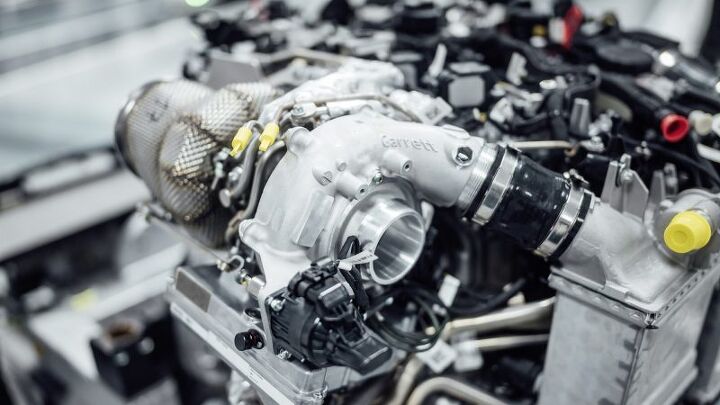
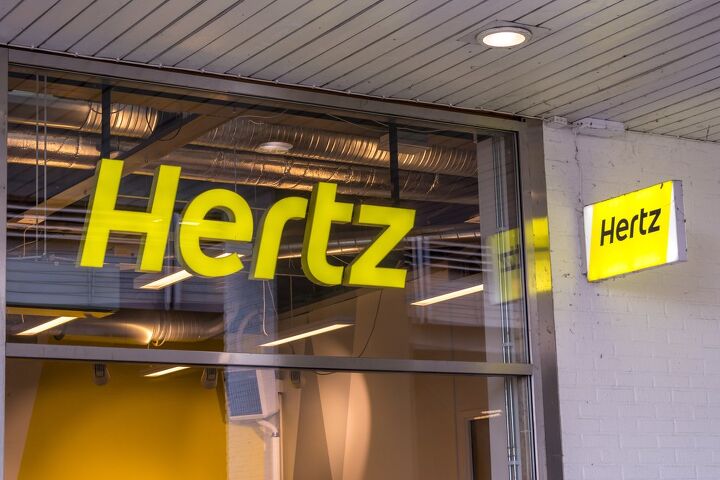
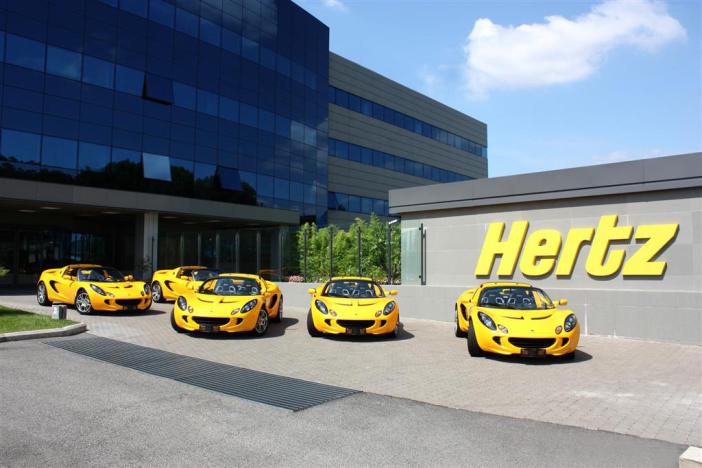



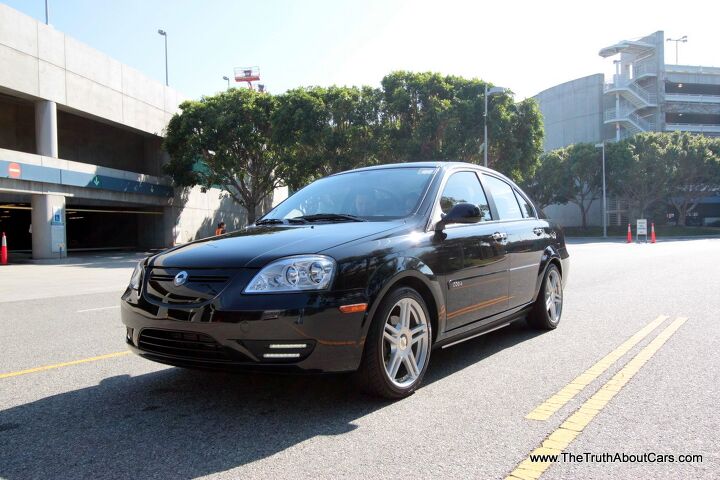
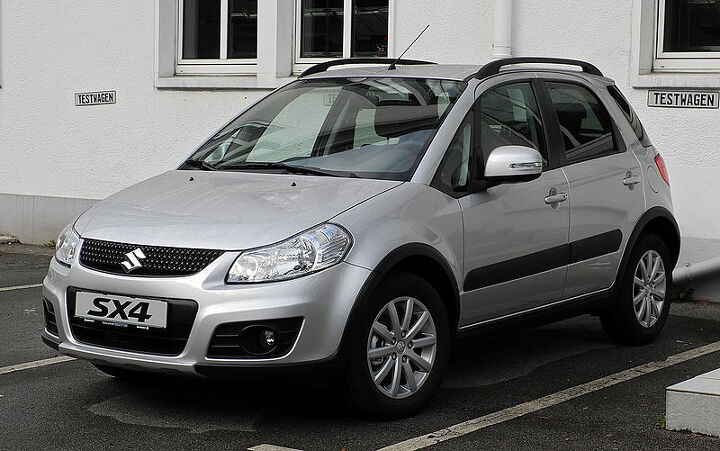

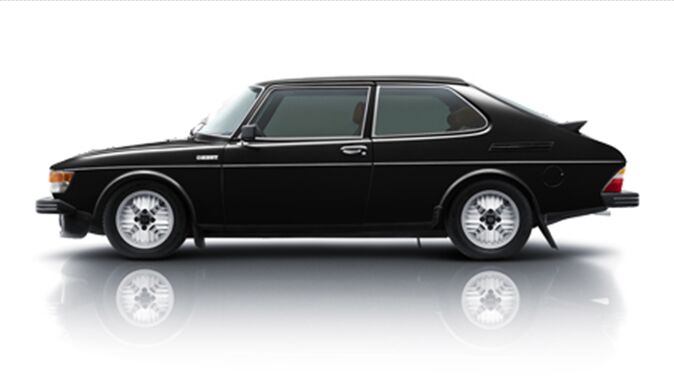













Recent Comments